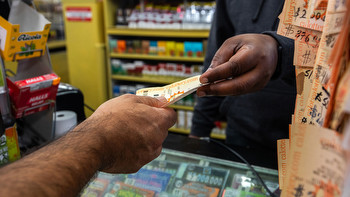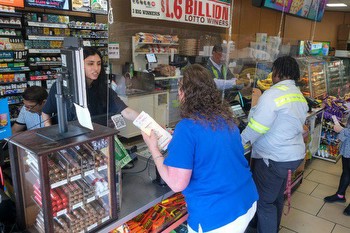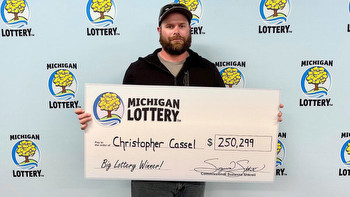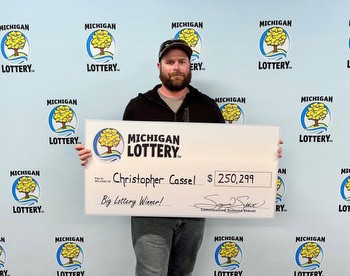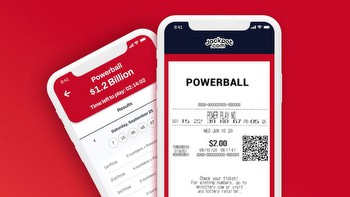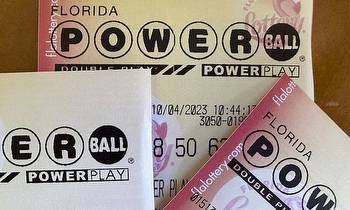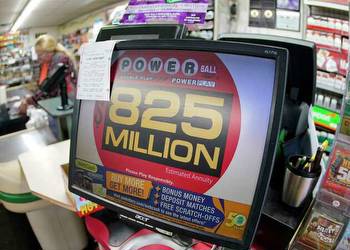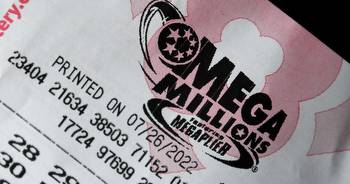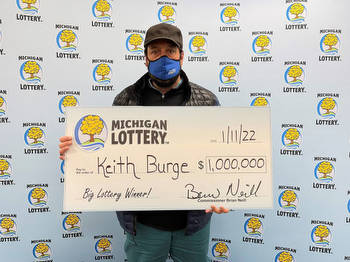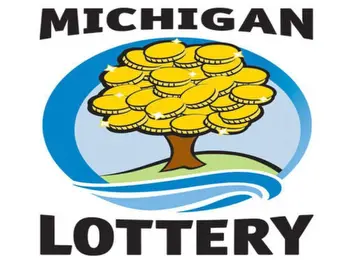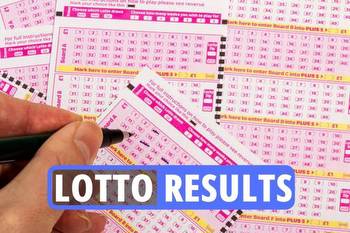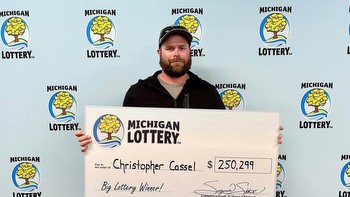I won $250,000 on a 'progressive' lottery jackpot and I didn't even play
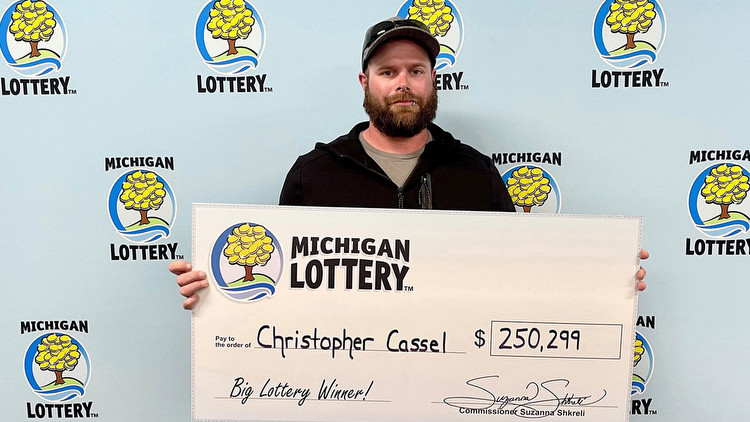
A MICHIGAN man has won $250,229 on the lottery without even buying a ticket.
He was automatically entered into the draw but had to cough up $80,000 in taxes already.
Christopher Cassel of Fowlerville, Michigan, 30 miles east of Lansing, is the latest winner of the Michigan Lottery's BIG CA$H Second Chance Jackpot game.
He never bought a ticket for the game, rather, he was selected in a random drawing that took place April 10.
Christopher earned his place in the draw after playing the eligible BIG CA$H Second Chance Jackpot games online.
Players earn one entry for every $0.50 wagered playing eligible Michigan Lottery games.
For Christopher, the win still hasn't quite sunk in, he told the Michigan Lottery when he came to collect his prize.
“I knew I was earning second chance entries by playing certain online games, but I didn’t think much of it,” he said.
"I came across an email from the Michigan Lottery informing me I’d won a $250,299 second chance jackpot, and I immediately thought it was a scam.
"After calling the Lottery I found out it was real, but I still had a hard time believing it!”
The 34-year-old plans on buying a new home and a truck with his winnings.
“Winning is very exciting, although I don’t think the reality of it hasn’t fully sunk in yet,” he said.
However, Christopher did not get to keep the full jackpot.
The IRS deducts 24% of lottery winnings in federal taxes.
On top of that, Michigan takes 4.25% in state taxes.
Overall, that put Christopher's tax bill at around $80,000, leaving him with approximately $170,000 of the jackpot left.
Taxes can take an even bigger bite out of lottery prizes depending where you live.
Winners in New York have to hand over the most to the state - 10.9% of winnings.
However, eight states don't levy taxes on lottery winnings at all.
These include zero-income tax states like Florida, Texas, and Tennessee, but also, California.
Remember to gamble responsibly
A responsible gambler is someone who:
- Establishes time and monetary limits before playing
- Only gambles with money they can afford to lose
- Never chase their losses
- Doesn’t gamble if they’re upset, angry, or depressed
- National Council on Problem Gambling – https://www.ncpgambling.org/
For help with a gambling problem, call the National Gambling Helpline on 1-800-522-4700 or go to ncpgambling.org/chat








